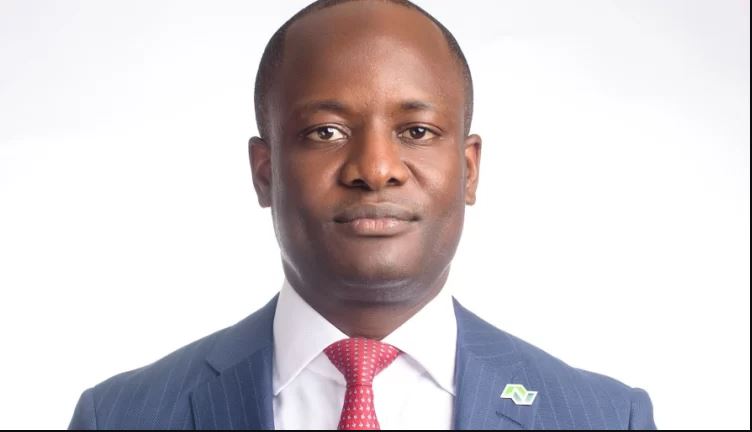United Bank for Africa (UBA) Plc has said it has given out over three million Near Field Communication (NFC) technology-enabled contactless cards to its teeming customers, an indication that the card is highly effective and seamless in usage.
In a statement, UBA said “UBA has revolutionised the payments landscape in Nigeria in 2015, with the introduction of contactless payment cards which enable customers pay with ease by leveraging the NFC technology”.
By design, the NFC technology allows wireless communication between devices that are a few centimetres apart. The NFC payment Card uses microchips/antenna to transmit data via shortwave radio frequencies.
The banks said “Usually, when one NFC-enabled device is close enough to another NFC device, a connection can be established and data shared between them. The card communicates data to the reader to initiate and complete the transaction using the NFC technology”.
“In addition to the contactless cards, the bank has issued well over 10 million debit and prepaid cards, serving both customers and non-bank customers in its countries of operation,” it added.
Explaining more,
UBA’s Group Head, Cards, Dr. Yinka Adedeji, said “We are delighted to reaching this milestone,” adding that “Our customers have found out that with our contactless cards, they make payments for everyday essentials and other things that money can buy the contactless way, and these cards can be used across all the channels where you use your regular card – ATM, PoS and Web”.
In his remarks, the bank’s Group Managing Director, Kennedy Uzoka, said the bank remained a leader in the e-banking innovation space, adding that UBA cards were protected with the best in class security tools.
Uzoka said “We have driven other initiatives such as the acceptance of international cards on our PoS terminals and that UBA PoS are now NFC enabled.”
“With a customer base in excess of seven million, UBA has invested heavily in building a robust and secure digital banking platform that supports its operations globally through strategic partnerships with various local and international organisations.”









